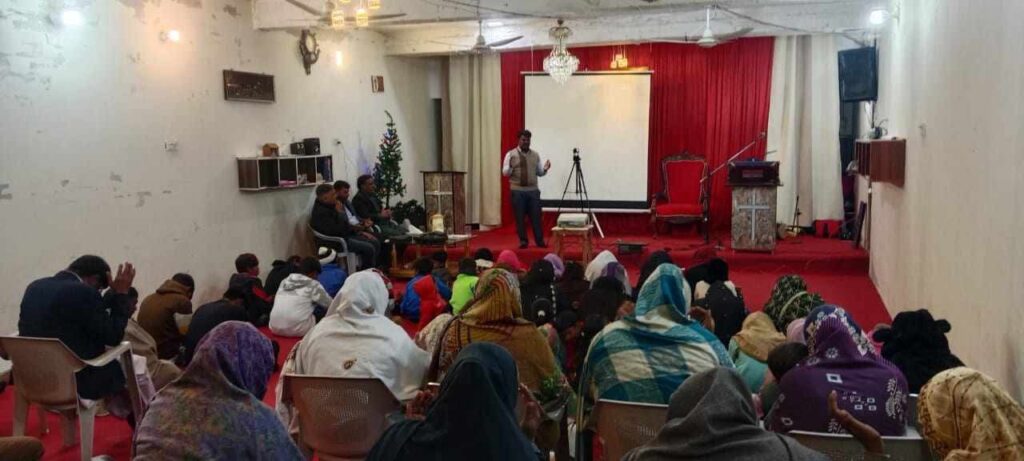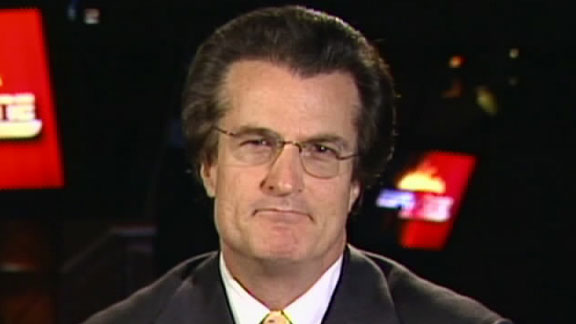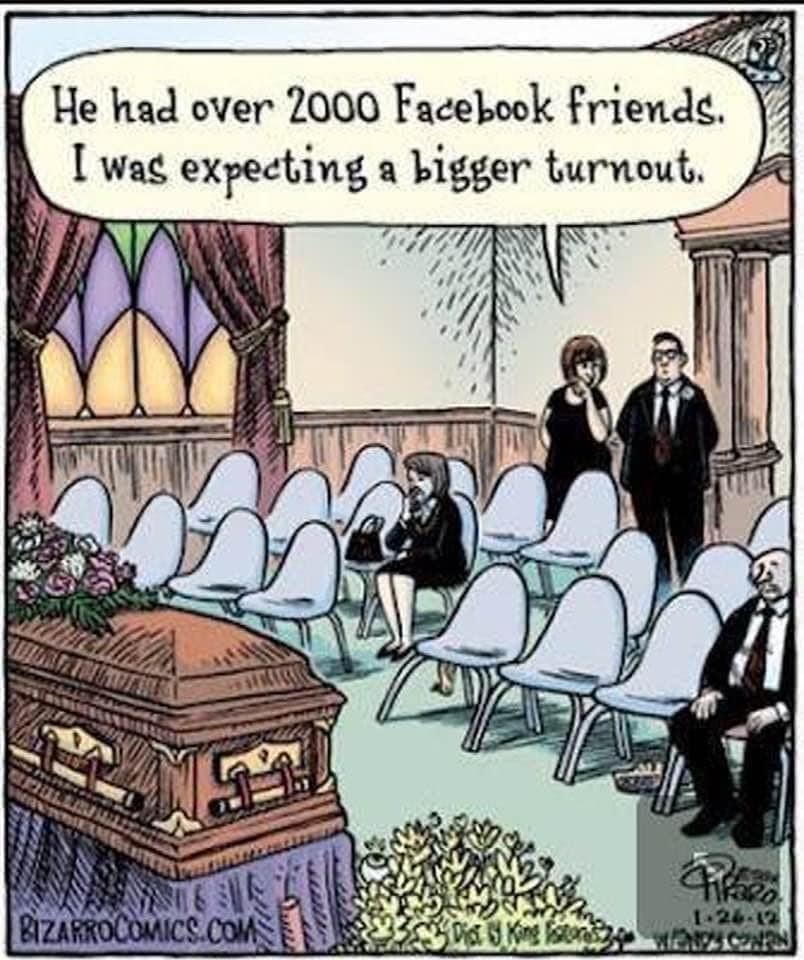Posted inInspiration Leadership Politics & Culture
Pakistan, India & the Kingdom of God
This year I’ve been blessed with opportunities to share the word of God with believers in both Pakistan and India. Their passion for the gospel and hunger for God’s Word…





